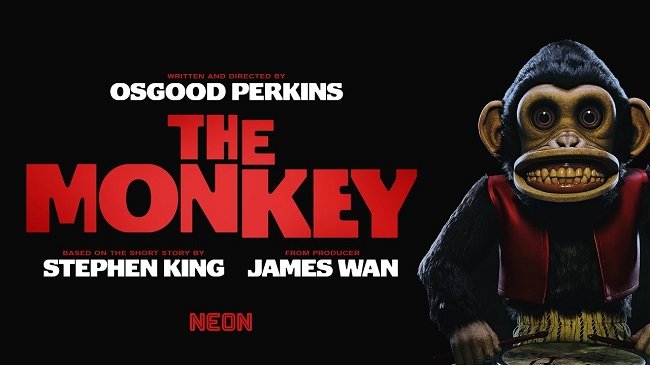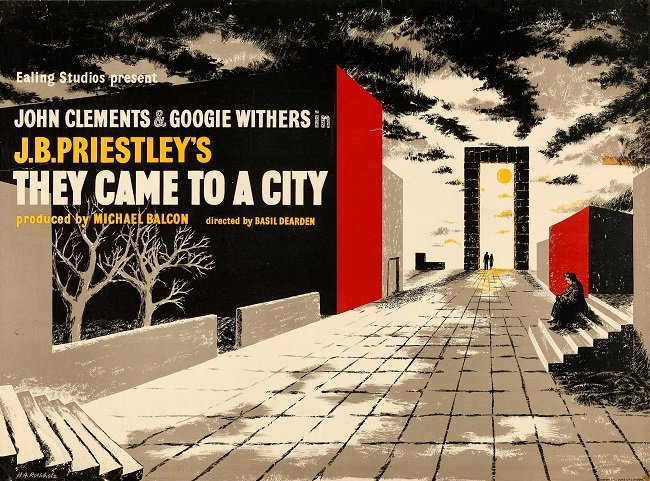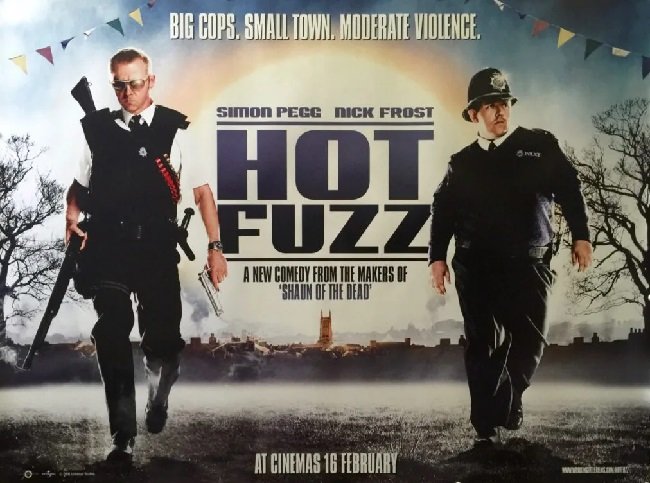Rush (2013)
Being a child of seventies, I remember James Hunt being constantly in the Sunday Newspapers and a guest on talk shows. I knew who he was, what he did and that his antics frequently had my parents tutting, the same way as they would at contemporary pop stars shenanigans. But beyond that I wasn't that interested in the man, being obsessed by Star Wars at the time. As an adult I now frequently find myself revisiting this particular decade through books and documentaries and re-appraising events that took place. As a result, I get to put into perspective the things that were happening around me as a child that I didn't fully understand. The miner's strike, apartheid and the trial of Jeremy Thorpe (brilliantly dramatised recently by the BBC in A Very English Scandal). I was hoping to get a similar insight from Rush.
Ron Howard, a very talented director who can turn his hand to most genres and subject matters, has elected to paint a picture with very broad-brush strokes with Rush. If you’re looking for a historically accurate character study, then you may well be disappointed. Rush is a distillation of events, packaged in a very accessible way, aimed at broadest possible audience. That is not to say it is bad, because it is most certainly not. Performances are good, the narrative is very engaging, and the race sequences especially the crashes are utterly hair raising. Rush in many ways is a throwback to the golden age of Hollywood biopics and as a result is very entertaining.
Director Ron Howard successfully achieves making the essentially unlikeable characters of James Hunt and Niki Lauda, very watchable and turning a story of hedonism, egomania and recklessness into a compelling drama. The movie combines big studios’ production values and their predilection for action sequences with that British bent for storytelling. Not bad for an independent production. You would think that a movie pitched in such a fashion, with one eye very squarely on the US market that may not be so familiar with F1, would all be neatly packaged at a PG-13 rating. That is not the case. Rush does not skimp on the realities of the subject matter. Hunt's sexual appetite is starkly shown. There's also a fair amount of profanity in the screenplay and Lauda's crash in 1976 is quite graphic in depicting his extensive burns.
The movie also proves that there’s more to Chris Hemsworth than his action-star persona. I wish he did more material like this. Both he and Daniel Brühl acquit themselves very well. However, in some respects the real star of Rush is cinematographer Anthony Dod Mantle (127 Hours, Slumdog Millionaire) who creates a real sense of tension with his beautifully edited race sequences. Production designer Mark Digby and costumer designer Julian day also deserve commendation for faithfully trying to reproduce the look and feel of the time. But this is the decade that fashion and aesthetics forgot. Modern films no matter how much they try, never quite seem to capture how crap everything looked back then. They always seem to achieve a sort of shit-chic instead.
Rush is a mainstream movie no doubt, but it is exceedingly well crafted and still has lot to offer. I did balk at the rather clumsy voice-overs during the race scenes which are designed to provide exposition for those unfamiliar with F1 racing. However, this can be excused as a necessary concession required to market the film internationally. I must also applaud Ron Howard for the fact that after crafting a tale of rivalry for nearly two hours, he doesn't overtly depict either one as being the absolute winner or loser, especially in moral or philosophical terms. This is left for the audience to ponder upon. Clumsier directors would have made a less nuanced choice. Therefore, if you’re looking for a solid drama, with good performances, compelling action scenes, along with period flavour, then Rush is a sound choice.




























